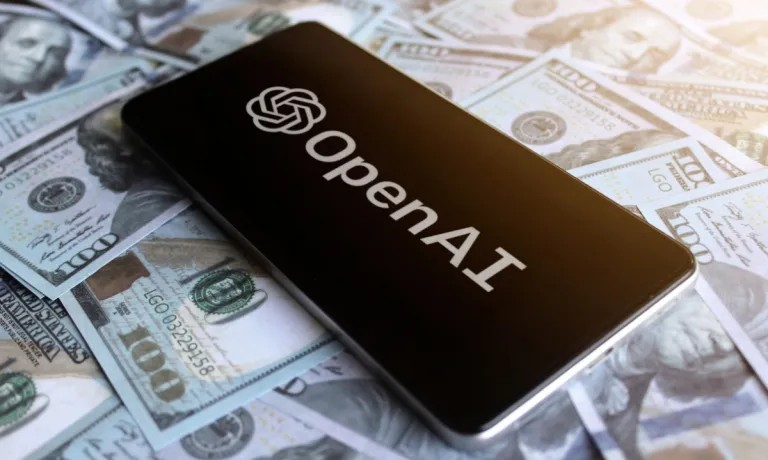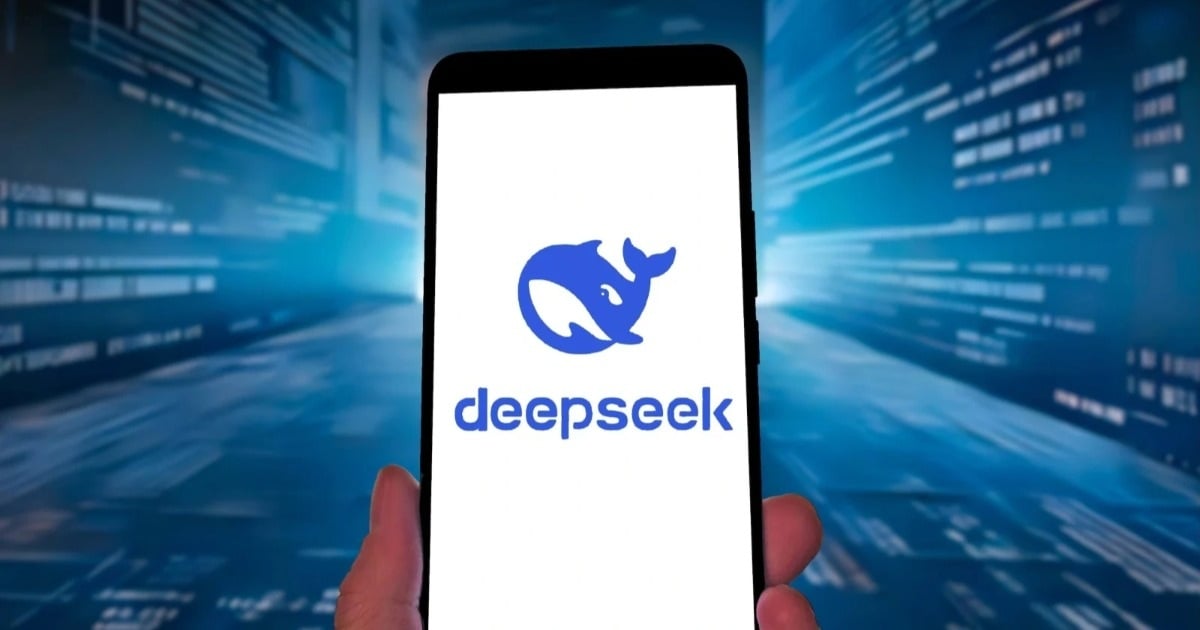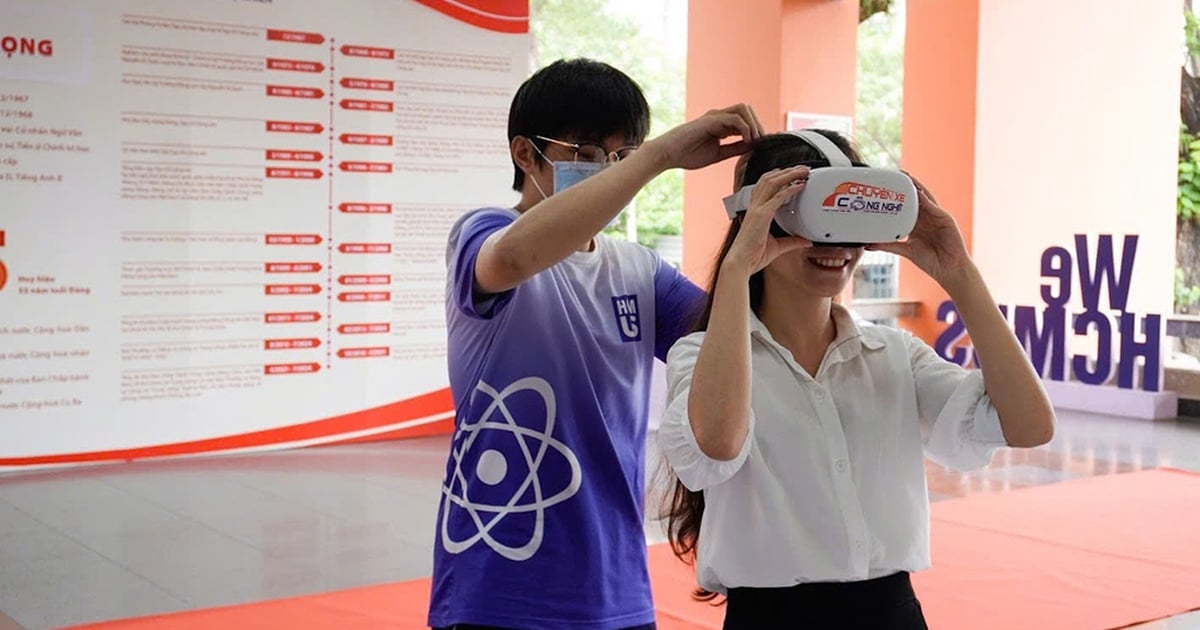If in their early years, both Google and Facebook showed impressive financial strength, OpenAI - a nearly 10-year-old company - shows the opposite picture.
According to financial records obtained by The Information , ChatGPT's developer is reporting rapidly growing revenue that could reach $100 billion by 2029, but could lose a total of $44 billion between 2023 and 2028.
Specifically, OpenAI reported a loss of $340 million in the first half of 2024. The company's projections reveal that they will not be profitable until 2029.
OpenAI has just completed its latest funding round worth $6.6 billion, bringing the startup's value to $157 billion.

Most troubling, according to The Information , is that OpenAI requires investors to exclude the billions of dollars they spend training AI models.
Training AI models is one of OpenAI's core activities. The company launched GPT-4 in early 2023 and released a new model, GPT-o1, in September.
An AI company cannot exclude the cost of training an AI model — a basic business expense — when reporting earnings, a veteran venture capitalist told Insider .
Francine McKenna, author of The Dig , a blog that focuses on accounting, auditing, and corporate governance issues at public and IPO-ready companies, said OpenAI's attempt to convince investors to forego the cost of training its AI models was "a scam."
Francine McKenna previously worked at KPMG Consulting and PwC, implementing accounting and financial systems, including SAP and Oracle ERP software, for large companies.
For an AI company like OpenAI, training an AI model is a continuous process. The world is constantly evolving and new data is constantly being generated, all of which must be incorporated into the AI model. It never ends.
Investors expect OpenAI to go public in the coming years, but the Securities and Exchange Commission (SEC) focuses heavily on measuring profits and does not allow many business expenses to be deducted.
“If they put that in the IPO prospectus for the SEC to review, the SEC could say they can’t use it to adjust earnings,” McKenna said.
Other costs for OpenAI, like inference, could come down in the coming years, the venture capitalist noted. Inference is the post-training stage that allows AI models to respond to new information. That’s basically how the models work.
Post-training costs could be significantly reduced, helping OpenAI cut losses, the person explained. But the cost of training AI models cannot be ruled out because it is a large, ongoing cost to provide the service.
OpenAI isn’t the only startup asking investors to ignore the costs of its core business. Groupon, the group-buying pioneer, and WeWork, the one-time co-working unicorn, have done the same.
Before its 2011 IPO, Groupon asked investors to consider “consolidated adjusted operating income” (CSOI), which excludes certain marketing-related expenses. The SEC objected, and Groupon changed its accounting.
In 2023, Groupon issued a "concern" warning, raising doubts about its ability to stay in business.
In 2019, WeWork asked investors to focus on “community-adjusted EBITDA.” Essentially, the company wanted investors to ignore the costs of what it takes to run its business.
OpenAI is doing exactly that, according to McKenna and the venture capitalist. McKenna points out that, as a private company, OpenAI can do whatever it wants and spin any story. But that will come to an end to some extent if it prepares a prospectus for an IPO.
WeWork goes bankrupt in November 2023.
(According to Insider, FT)
Source: https://vietnamnet.vn/openai-cong-ty-dung-sau-chatbot-chatgpt-co-the-lo-44-ty-usd-den-nam-2028-2331710.html




























































Comment (0)